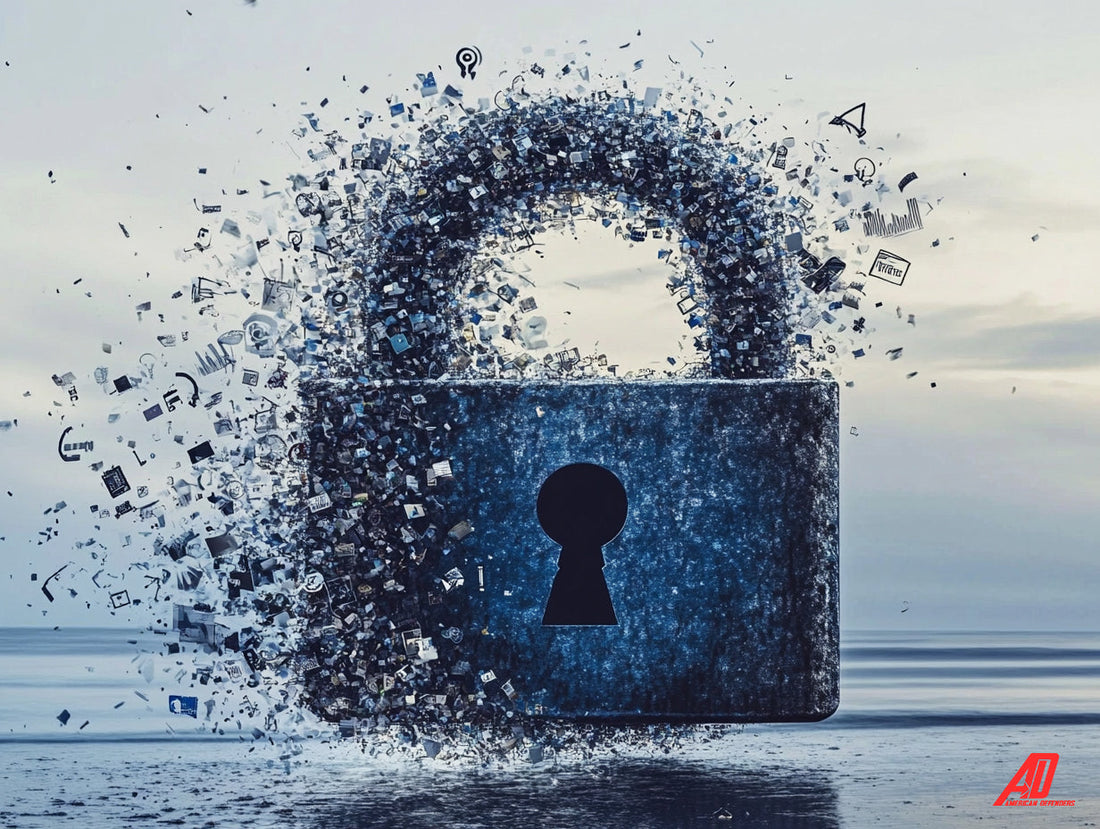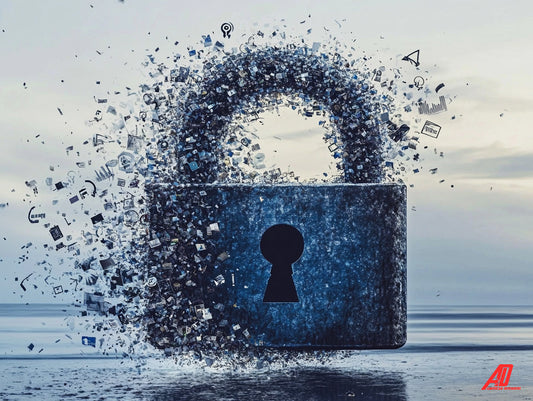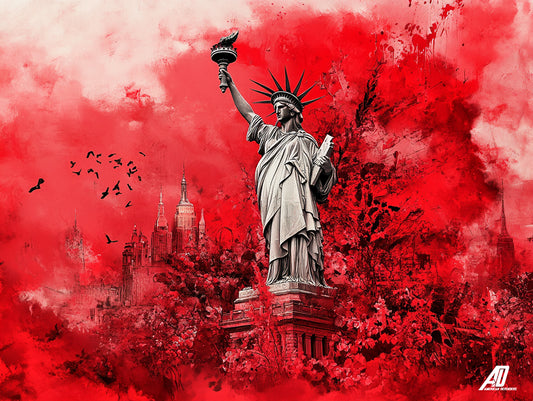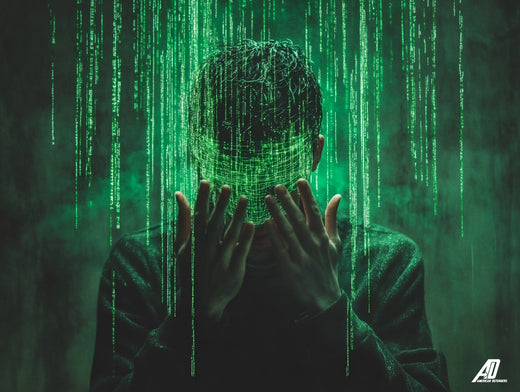
Meta Admits to “Too Much Censorship”
Is This the Turning Point We’ve Been Waiting For?
Zuck released this statement on his Instagram.
For years, social media giants like Meta (the parent company of Facebook and Instagram) have held the keys to how billions of us communicate, share ideas, and grow businesses. But what happens when the gatekeepers of free expression encounter a force of freedom? They realize they’ve gone too far.
In a video statement released recently, Mark Zuckerberg finally said what many of us have been shouting into the void for years: Meta has gone too far with censorship. He admitted their complex systems made “too many mistakes” and unintentionally silenced millions of voices.
I honestly respect the acknowledgment, but what do we do about the lives and businesses already crushed under the weight of their mistakes?
The Fine Line Between Moderation and Censorship
Zuckerberg started the video by revisiting Meta’s founding principles — giving people a voice and protecting free expression. But as he admitted, the systems built to tackle serious problems also came with serious collateral damage.
Even if Meta’s systems only “accidentally” censor 1% of posts, that’s still millions of people silenced. Millions of small businesses, creators, and ordinary folks who rely on these platforms to make a living, build communities, or share their perspectives.
Zuckerberg’s words highlight what we’ve all been feeling — the line between moderation and outright censorship has become dangerously blurred.
Fact-Checkers or Thought-Checkers?
One of the most striking admissions in Zuckerberg’s video was about the role of fact-checkers. He called them “too politically biased” and stated they’ve done more harm than good. That’s not just a corporate misstep; it’s a betrayal of trust.
For years, fact-checkers have held the power to discredit posts, suspend accounts, and even de-platform businesses, often without clear justification. Now, Zuckerberg himself says they’re being replaced by a “community notes” system similar to what’s used on X (formerly Twitter). It’s a shift many will welcome, but it also feels like Meta is only now acknowledging the damage done after years of silencing.
The Cost of “Too Much Censorship”
Let’s be real — this isn’t just about politics or hurt feelings. The ripple effects of Meta’s overreach have been devastating. Businesses have been shuttered, creators de-platformed, and communities fractured. Many of these stories never make headlines, but they represent real people with real livelihoods.
Meta’s filters didn’t just take down illegal content; they swept up legitimate speech, too. Entire accounts disappeared overnight because of vague policy violations or algorithmic errors. Zuckerberg’s plan to dial back these filters is a step in the right direction, but it’s cold comfort for those already affected.
What Does This Mean for Free Speech?
Meta’s decision to refocus on illegal and high-severity violations — rather than every minor policy infraction — is long overdue. The timing of Zuckerberg’s announcement is no accident. The recent elections have sparked a cultural shift toward free expression, and Meta knows it can’t afford to stay on the wrong side of history. But this isn’t just about policy changes or corporate rebranding. It’s about accountability.
For years, platforms like Meta have operated as judge, jury, and executioner, deciding who gets to speak and who gets silenced. We need action, transparency, and real consequences for the harm done.
What Comes Next?
Zuckerberg’s video is a start, but it’s also a call to action.
If you know someone that has been affected by Meta’s censorship, please have them reach out. This issue is likely to be a recurring theme that will need accountability.



